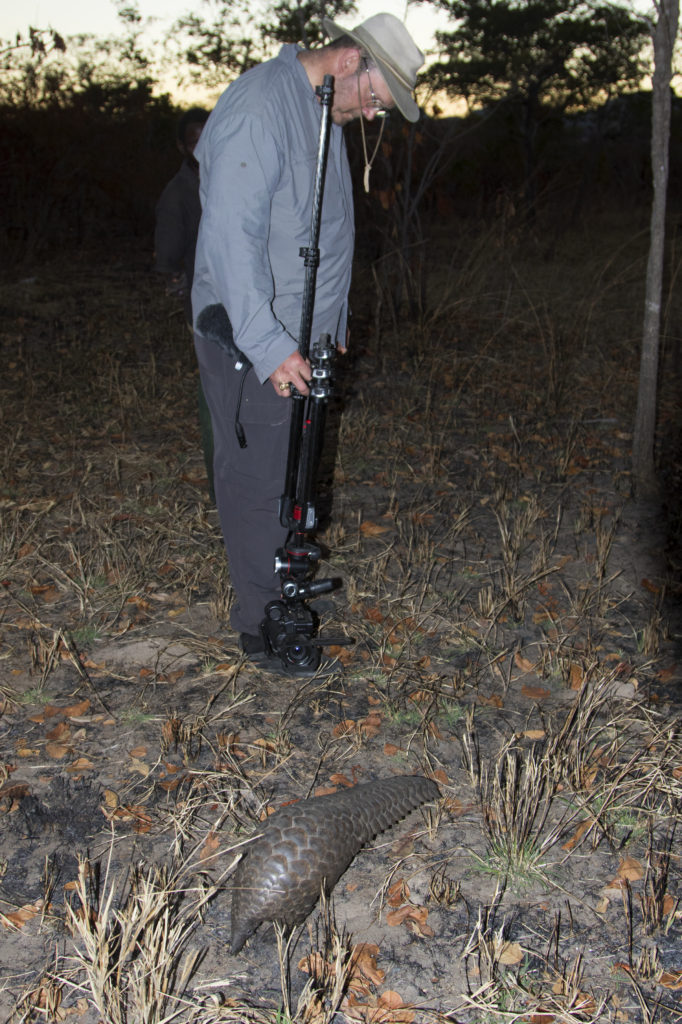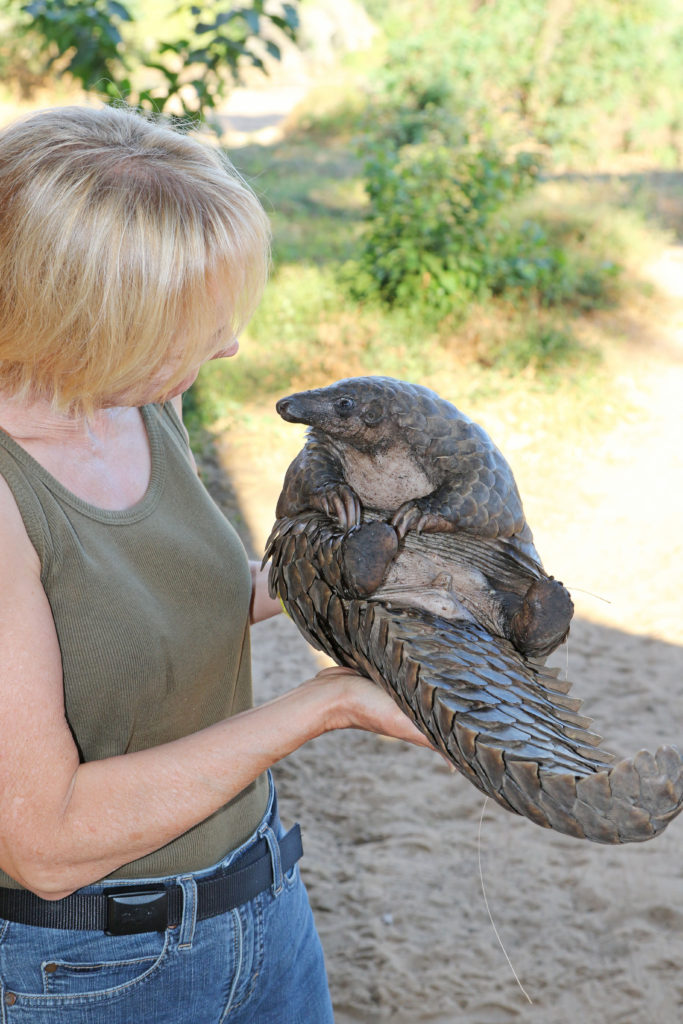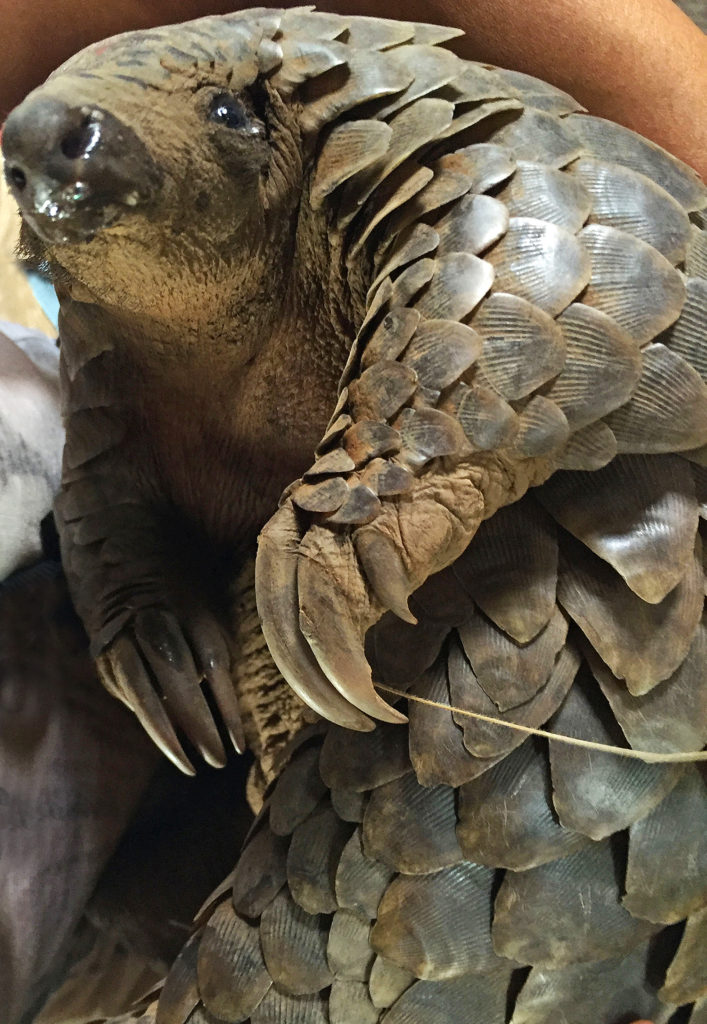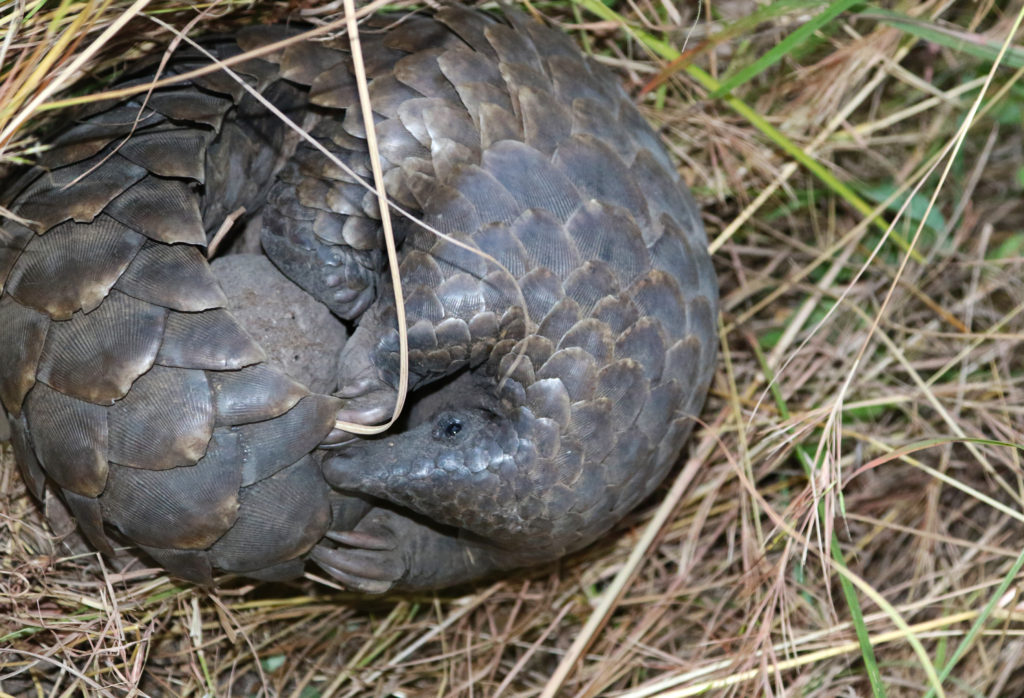 As they are so rarely seen, I wanted Pea to reveal a bit of himself in these photos and a video clip Mark took during our walks. To us he is a gentle vulnerable soul with a long, pink, sticky tongue. His tongue is the perfect tool for lapping up ants and termites. I admit to feeling an ‘uh-oh’ moment before one of our walks when I was holding him at eye level and he turned and looked at me with silent intensity – his mouth inches from my face. Thankfully, he didn’t find anything of interest there.
As they are so rarely seen, I wanted Pea to reveal a bit of himself in these photos and a video clip Mark took during our walks. To us he is a gentle vulnerable soul with a long, pink, sticky tongue. His tongue is the perfect tool for lapping up ants and termites. I admit to feeling an ‘uh-oh’ moment before one of our walks when I was holding him at eye level and he turned and looked at me with silent intensity – his mouth inches from my face. Thankfully, he didn’t find anything of interest there. Pea’s forefeet have three long, curved, claws to open nests of ants and termites and dig sleeping burrows. As for his hind-feet, I can’t help but think of elephant feet when I look at them. In the video, you’ll see how fast he can move when he raises his tail and forefeet off the ground while balancing most of his weight over his hind-feet. Pea can disappear in the grasses in a hurry when he wants to. We laughed when we saw him roll over in a somersault while wrestling with a piece of ant’s nest, but it shows you how vulnerable his underbelly is. If frightened or threatened, Pea’s main defense is to roll up in a ball. While the armor-like exterior scales help protect him from predators, he is powerless against poachers who could simply pick him up and drop him in a bag.
Pea’s forefeet have three long, curved, claws to open nests of ants and termites and dig sleeping burrows. As for his hind-feet, I can’t help but think of elephant feet when I look at them. In the video, you’ll see how fast he can move when he raises his tail and forefeet off the ground while balancing most of his weight over his hind-feet. Pea can disappear in the grasses in a hurry when he wants to. We laughed when we saw him roll over in a somersault while wrestling with a piece of ant’s nest, but it shows you how vulnerable his underbelly is. If frightened or threatened, Pea’s main defense is to roll up in a ball. While the armor-like exterior scales help protect him from predators, he is powerless against poachers who could simply pick him up and drop him in a bag. I shared our story of Pea with Dr. Goodall who has spoken to the world on behalf of Pangolins. She reminds us there is hope as long as people care and take action on behalf of all living things. Pangolins have now gained the highest level of protection under the Convention on International Trade in Endangered Species (CITES). This is an important step, but it has to be enforced if the poaching crisis is to stop. Our voices and the choices we make each day will help stop the demand, the killing, and the trafficking.
I shared our story of Pea with Dr. Goodall who has spoken to the world on behalf of Pangolins. She reminds us there is hope as long as people care and take action on behalf of all living things. Pangolins have now gained the highest level of protection under the Convention on International Trade in Endangered Species (CITES). This is an important step, but it has to be enforced if the poaching crisis is to stop. Our voices and the choices we make each day will help stop the demand, the killing, and the trafficking.
To help end wildlife trafficking, sign our Jane’s Traffic Stop petition and share: http://change.org/janestrafficstop




